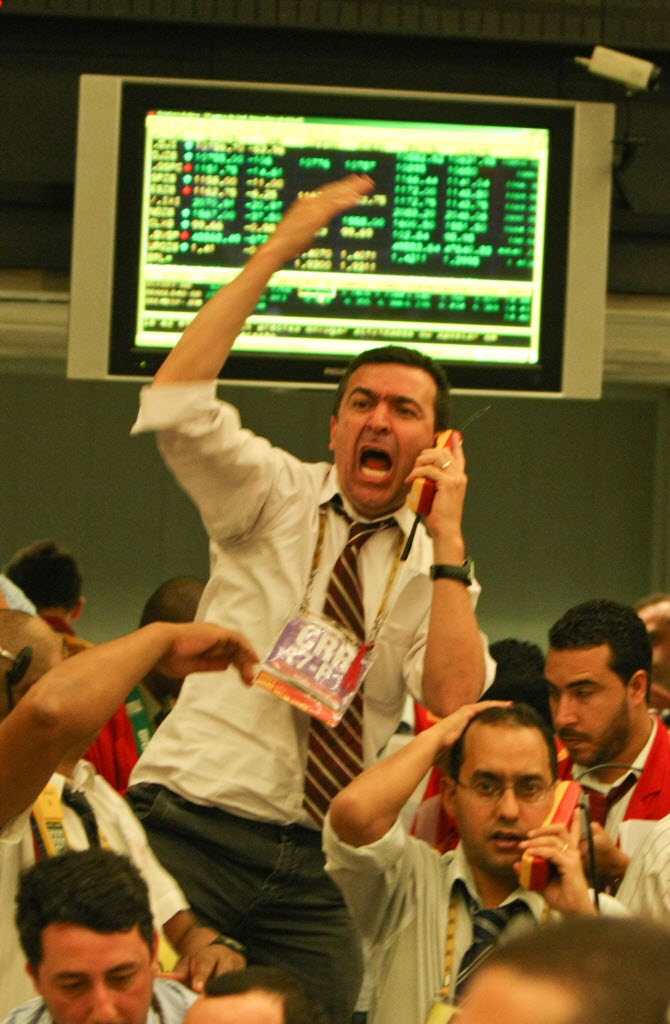So this is something almost no one would have predicted until recently. When I got to Brazil in 2010 the economy was on fire, growing at over 7% annually. We had a sharp slowdown in 2012, but had been waiting for a good comeback in 2013 and 2014.
But these notes from Nomura’s Tony Volpon, one economist who has on the whole been positive on Brazil as well as (more importantly) generally right on Brazil for years, explain why 2013 and 2014 aren’t likely to be too rosy.
Nomura revises its forecasts for 2013 and 2014 downward to under two per cent for both years – specifically, to 1.6% and 1.8%, respectively. Inflation will also fall. We could look back on this as a very pessimistic moment, but in any case, it’s not looking good.
These notes (below) are heavy on wonky economic detail, but the upshot is that the US Federal Reserve is turning back towards normal monetary conditions, which will mean tighter finances for emerging market countries. From 2008-2013 we had zero interest rates in rich countries and the Fed pumping cash into the world economy, and lots of it made its way to Brazil – far too much, if we believe the talk behind the “currency war.” Now the stream is drying up and what’s left of the flow has gone the other way.
We journalists like to talk a lot about people and governments and mistakes and successes – they make better stories. But what’s often neglected is the simple power of the place a country occupies in the global economic system. Much more important than Dilma or Eike or protests: the flows of capital in the world economy.
Nomura – Brazil: Lower growth, lower inflation, and an election
Nomura – Latin America – When prices determine fundamentals


